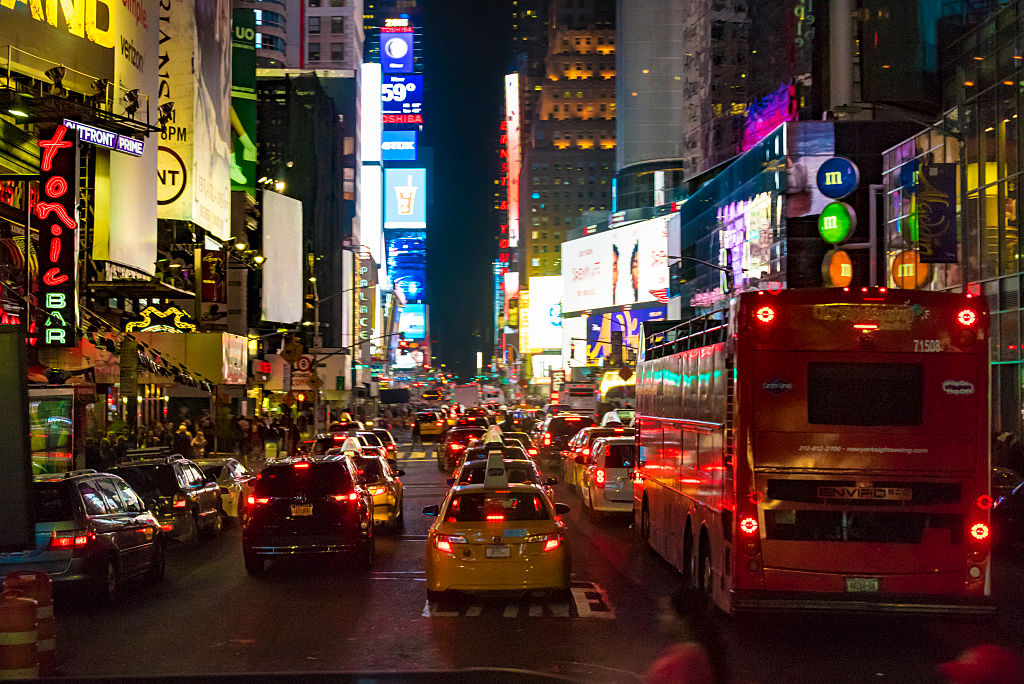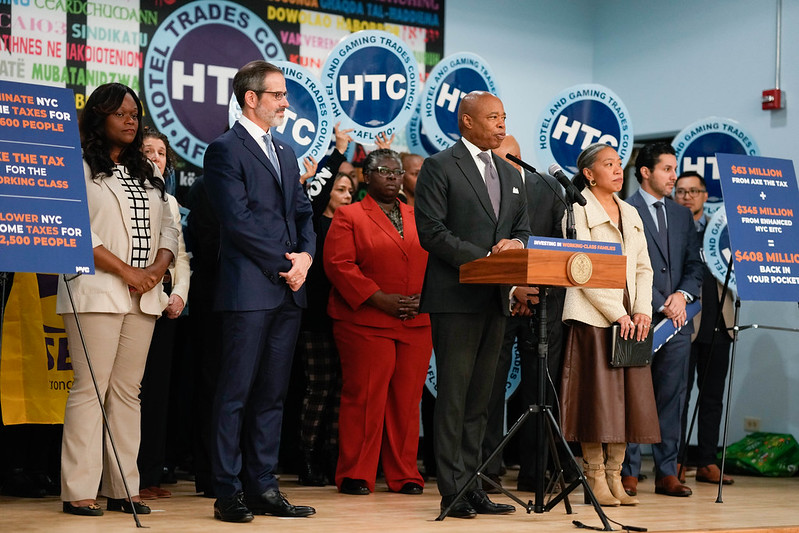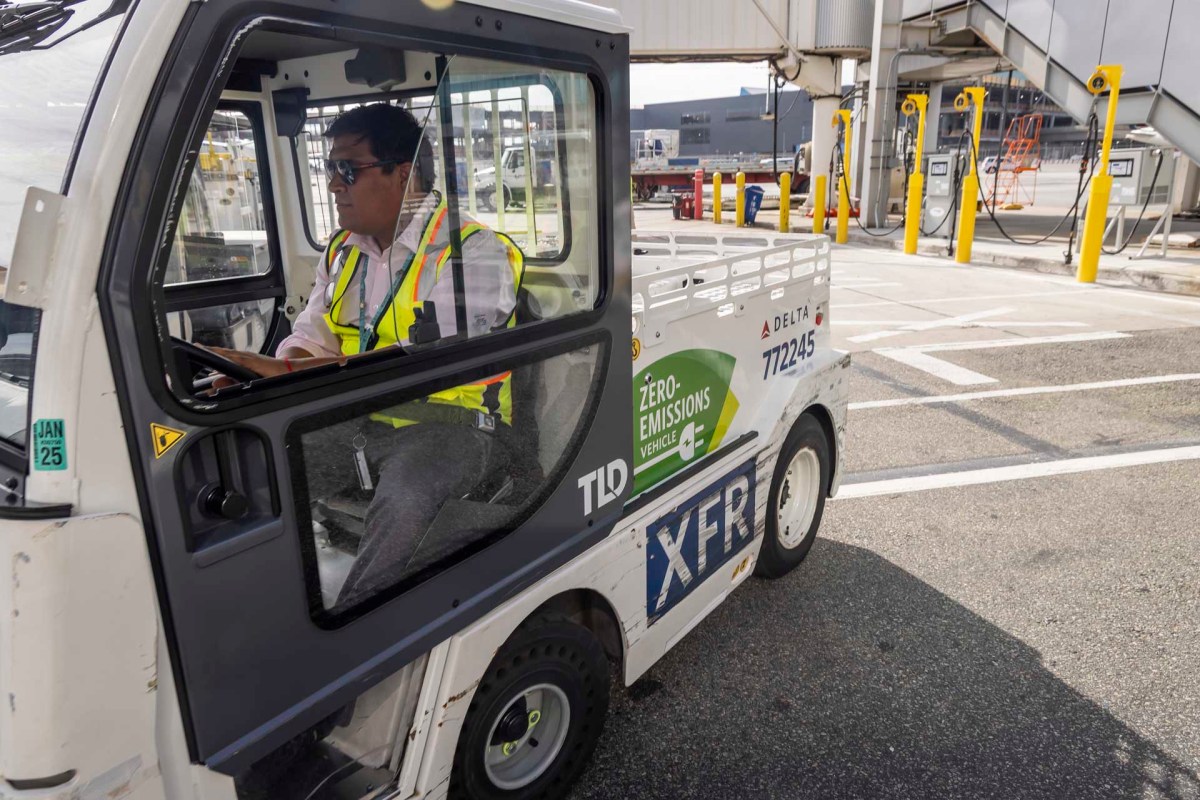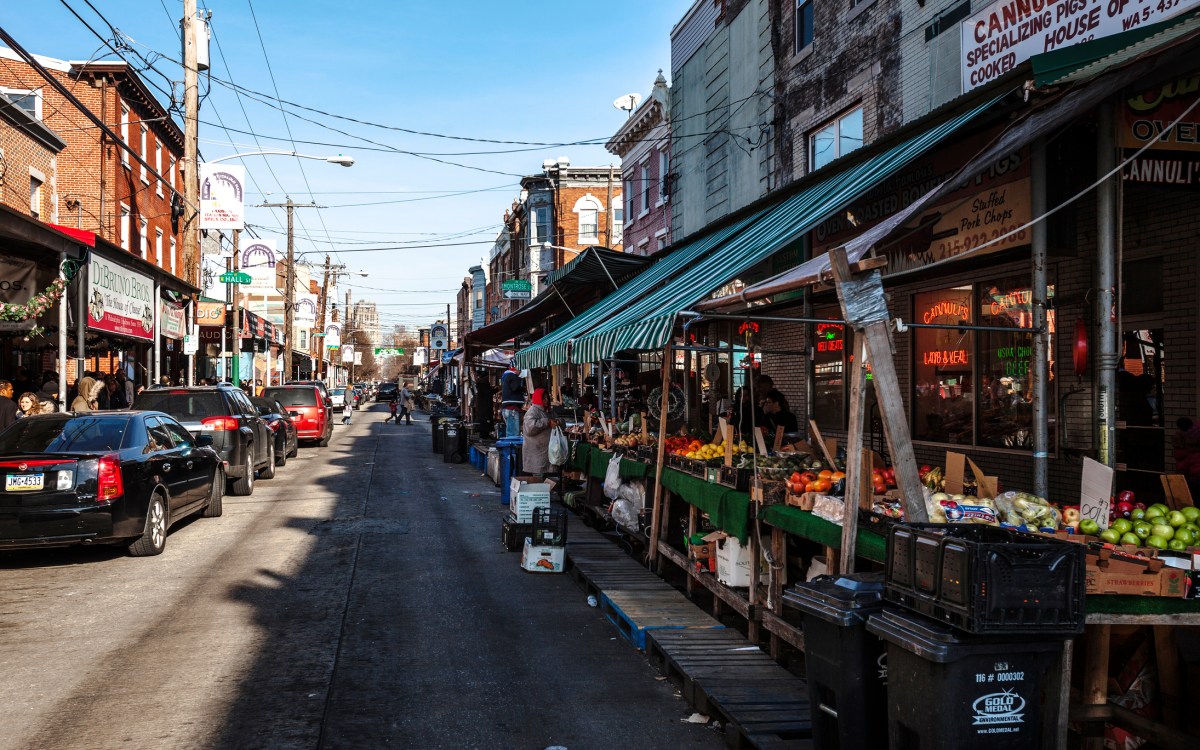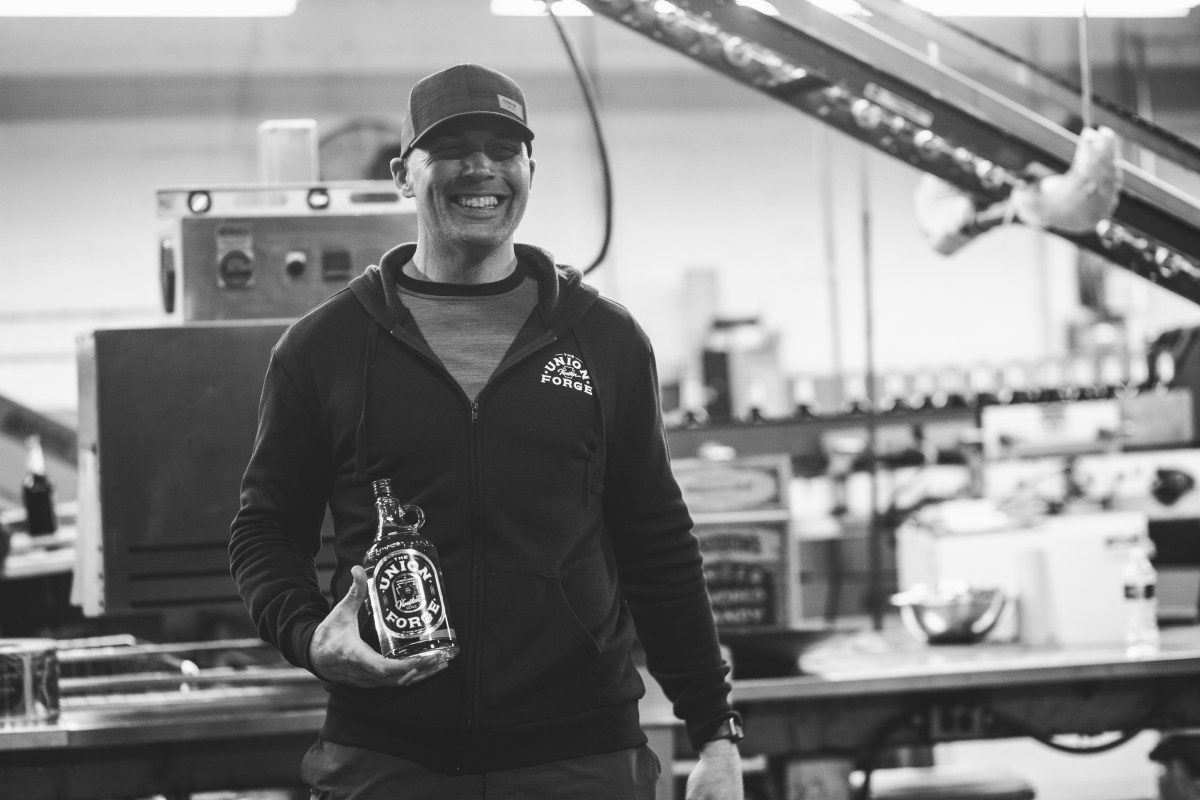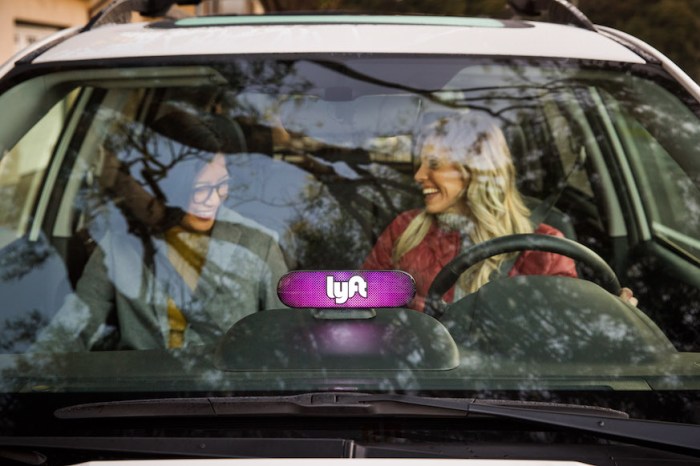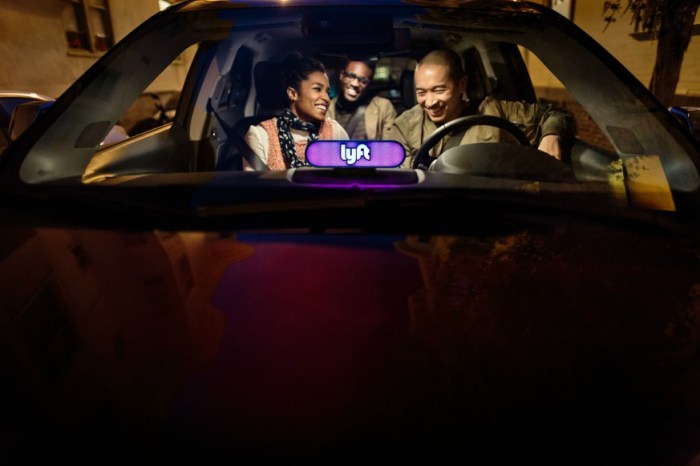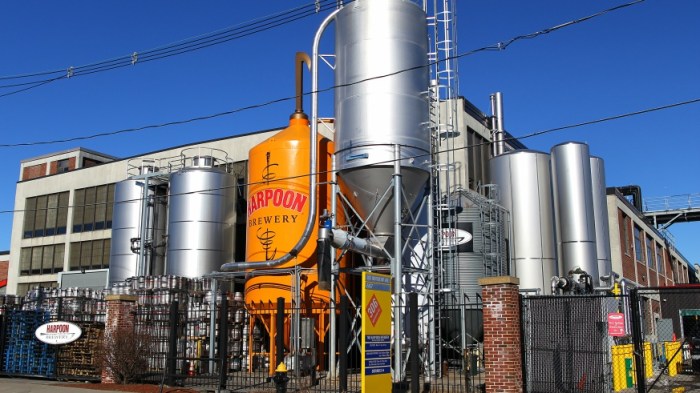New York City taxi drivers found some much-needed respite over the holidays after a federal judge blocked the city’s new taxi congestion pricing surcharge until both sides could make their case in court. Now that the day has come, drivers are in the same position as before, with the judge extending the block until January 31, at which point they will give a more permanent ruling. Advocates are getting tired of spinning their wheels just to go nowhere.
“Everybody pretty much has the same issue with congestion pricing,” said Aleksey Medvedovskiy, president of the NYC Taxi Group. “Everybody has mentioned the same problems.”
Taxi drivers protested outside the courtroom before the hearing, claiming that allowing the surcharge to stay will mean the destruction of their livelihoods. While the proposed tax does add more to the price of ride-share apps than taxis ($2.75 to $2.50), the law only adds a $0.75 charge to shared pool rides, making them by far the most affordable option, something that taxi medallion holders argue will shut them out of the market entirely.
“I guess we just have to wait for what will come down,” Medvedovskiy added, sighing. “And then we can figure out what will be the next step.”
The problem for taxi drivers isn’t just one of clinging to their current jobs in the face of a current marketplace–many taxi drivers have had to go deep into debt in order to get the medallions that allow them to operate their own cabs. While an Uber driver unable to work misses out on potential income, taxi drivers are stuck paying generational debts whether their car is parked or not.
Governor Cuomo proposed the taxi congestion pricing surcharge as the first step in his initiative to fund the MTA and cut down on traffic in Manhattan in one fell swoop. Ultimately, he wants to charge all traffic fees to enter the island during the busiest hours of the day, but taxi advocates say that it doesn’t make sense to start with for-hire vehicles alone.
“Either everybody should pay, including private cars, trucks and the rest of the vehicles, to be in congestion pricing zones,” Medvedovskiy said, “or nobody should pay for it.”
In this one instance, Medvedovskiy finds himself in agreement with ride-share apps.
“Recent research by both NYU and McKinsey show that increases in e-commerce and home delivery have an outsized role in lower traffic speeds and congestion in Manhattan,” a Lyft spokesperson said about the surcharge. “This is why it’s critical that all vehicles, particularly commercial and personal vehicles, also contribute congestion fees.”
Putting taxi congestion pricing first isn’t the only aspect of Governor Cuomo’s plan that’s undergoing scrutiny. His proposal to split the costs of fixing New York’s subway system evenly between the city and state was met with outright incredulity by Mayor Bill de Blasio.
If the surcharge is allowed to remain, the minimum taxi fare in Manhattan will become $5.80, while the base price for Uber will reach $10.75.
Advocates for the price increases, however, argue that taxi drivers’ fears for their livelihoods are unfounded.
“There are a privileged number of people who take taxis and Ubers to get around the core of the city,” Danny Pearlstein, a spokesperson for Riders Alliance, told the New York Times. “They can afford to support the transit system that makes New York what it is.”
Even so, taxi drivers are hopeful.
“I think there’s a pretty good chance this will disappear,” Medvedovskiy said. “And vanish.”

